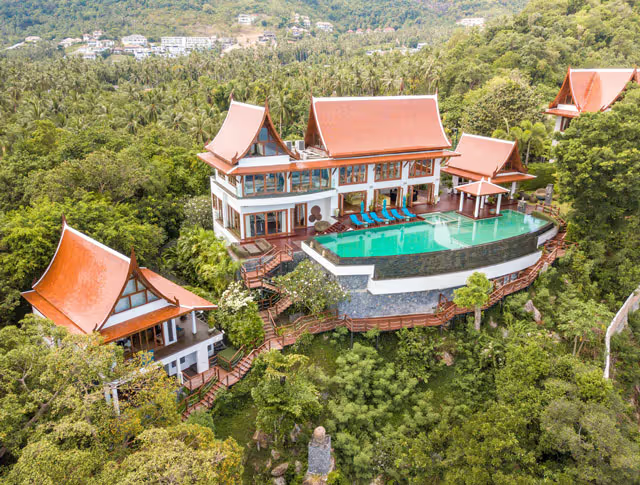Thailand is an attractive destination for international property buyers thanks to its tropical climate, beautiful landscapes, and relatively affordable cost of living. However, the rules for foreign ownership can be complex. Understanding what you can and cannot do as a non-Thai national is crucial before committing to an investment.
What Foreigners Can and Cannot Own
Foreigners can own certain types of property in Thailand, but there are legal restrictions when it comes to land:
- Foreigners can own condominiums outright, provided the building meets foreign ownership quota limits (up to 49% of the total saleable space).
- Foreigners cannot directly own land in Thailand. This includes plots for building houses or other structures.
However, there are legal avenues that allow foreigners to control or benefit from land in ways that are widely practiced and accepted.
Ownership Options for Foreigners
1. Condominium Ownership
- This is the most straightforward route.
- Foreigners can fully own freehold condos in their own name.
- Funds for the purchase must be transferred from overseas and properly documented (using a Foreign Exchange Transaction Form).
2. Leasehold Land
- Foreigners can lease land for up to 30 years, with options to renew.
- Leases should be registered with the Land Office to be legally binding.
- You can build a home on leased land and own the structure, but not the land itself.
3. Thai Company Setup
- A Thai limited company can own land, but foreigners cannot hold more than 49% of the shares.
- Thai shareholders must be legitimate and active; nominee structures are illegal and can result in confiscation.
- This setup should be done with trusted legal guidance and sound corporate governance.
Legal Limitations and Recommended Processes
- Always consult a reputable lawyer in Thailand who specializes in real estate for foreigners.
- Due diligence is critical. Check the land title (Chanote is the best type), zoning restrictions, and the seller’s background.
- For condo purchases, confirm that the building complies with the Condominium Act and that the unit falls within the foreign ownership quota.
- Register all lease agreements and property structures with the Land Office to avoid future disputes.
Tips and Risks to Avoid
- Avoid informal agreements or handshake deals. They are not legally binding.
- Stay away from nominee arrangements or illegal corporate setups. These are closely monitored by Thai authorities and can lead to serious legal consequences.
- Don’t assume that verbal promises hold legal weight. Only registered and notarized documents matter.
- Be wary of underpriced properties, as they may come with legal or structural issues.
- Hire an independent lawyer, ensure to do your own due diligence on this also.
Final Thoughts
Foreigners can absolutely invest in Thai real estate, particularly condominiums and long-term leases. With proper legal guidance, many international buyers have successfully purchased homes in Thailand and enjoyed strong returns. Knowing your rights, choosing the correct structure, and partnering with trustworthy professionals will help you invest with confidence.





